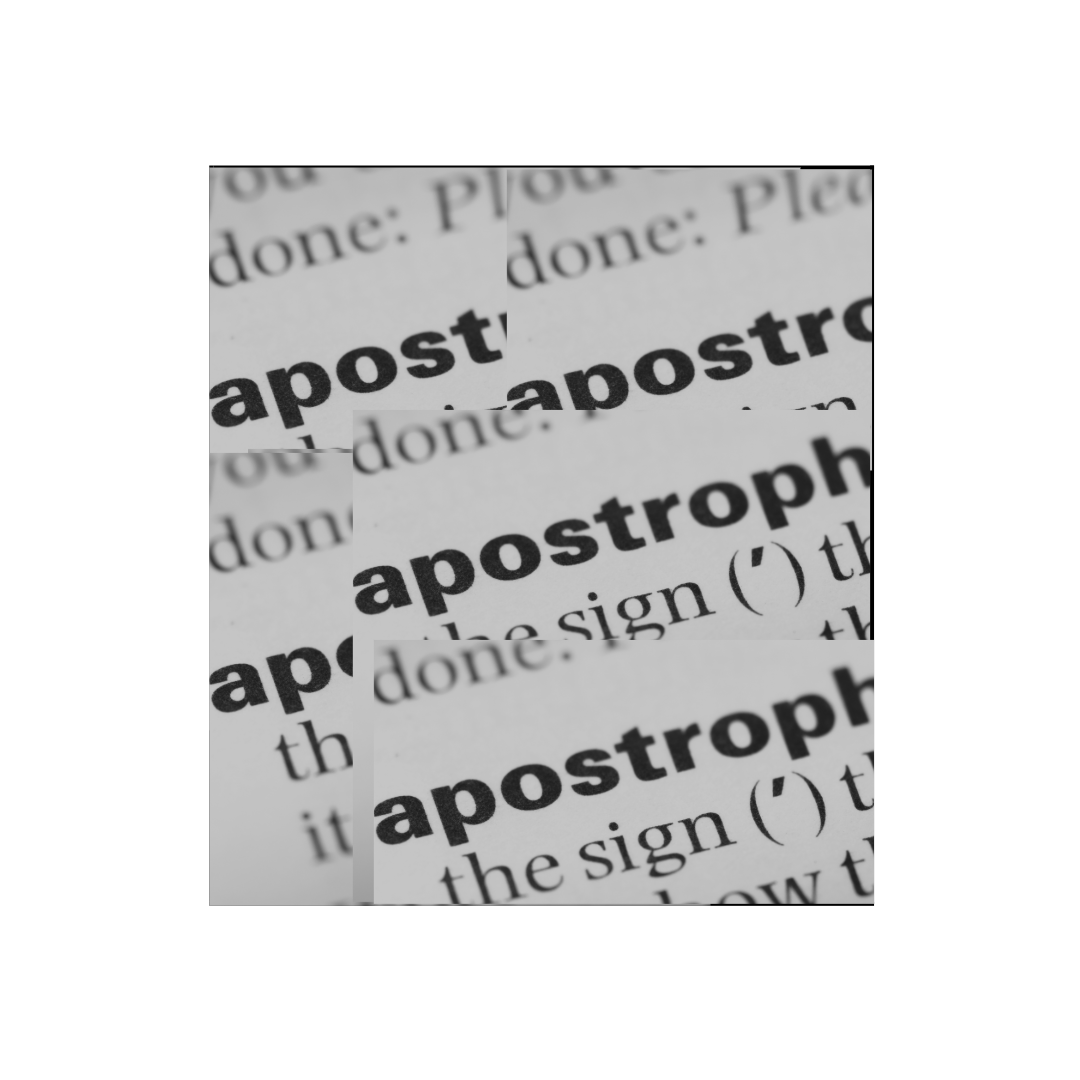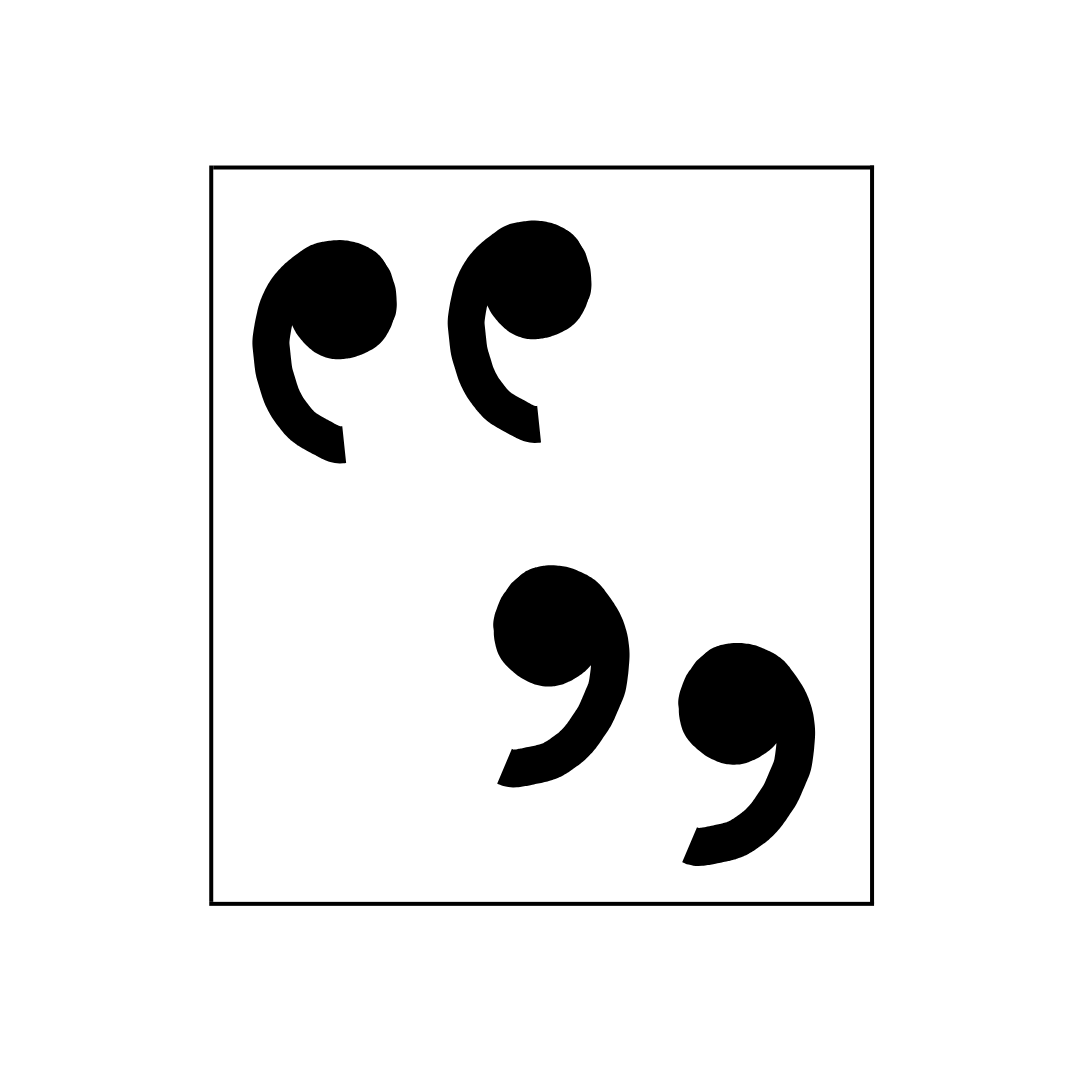Easily Confused Words
Easily Confused
Words
A vs. An
‘A’ precedes a noun that starts with a consonant or consonant sound
a person
a cat
a town
An: used in front of a vowel or vowel sound.
an orange
an essay
an idiot
Advice vs. advise
Advice (noun) is an opinion; Advise (verb) is to give that opinion.
Their advice was confusing.
They were advisedto check the work again
Affect vs. Effect
An Affect (verb) influences or impacts; An Effect (noun) is the result of something
The weather in Melbourne affected their mood.
The special effectsin the movie were distracting.
Criteria vs. Criterion
Criteria is plural; Criterion is singular.
She handed us the criteria for the festival.
We followed each criterion to the letter.
Everyday vs. Every Day
Everyday means commonplace, unremarkable; Every Day indicates something occurs each day.
He wore his everyday suit to work.
He walked through the park every day.
Its vs. It’s
In contrast to normal possessive apostrophes Its is the possessive form of ‘it’. It’s is a contraction of ‘it is’.
The car was on its last leg.
It’sraining in Melbourne again today.
Lets means to allow; Let’s is a contraction of ‘let us’.
She lets me help with the cooking.
Let’ssee how we go with the cooking.
Lets vs. Let’s
To Imply is to suggest indirectly; Infer is to conclude based on information.
You’re implying that I’m not doing the work.
From the drop in temperature she inferredit would rain soon.
Imply vs. Infer
Irregardless is a nonstandard word formed from the word ‘regardless’. It is suggested to replace this word with ‘irrespective’ or simply ‘regardless’.
We go for a jog every morning irrespective of the weather.
We go for a jog every morning regardlessof the weather.
Irregardless
A Suppository is a medicine usually absorbed either rectally and vaginally; A Repository is a place to store something.
He was anxious about taking his suppository, but his health was more important.
We store excess stock in a repositorya few suburbs over.
Suppository vs. Repository
That indicates essential information, without which the sentence would lose meaning. Which is used to give extra information.
There’s the cat that stole my sandwich!
Someone’s taken sandwich, whichI’ve waited all day to eat!
Which vs. That
Whose is the possessive form of ‘who’; it can be answered with ‘his/hers/theirs’. Who’s is a contraction of ‘who is’.
Whose sportscoat is that?
Who’s coming to the party tonight?
Whose vs. Who’s
Who vs. Whom
A good rule of thumb to determine which to use is to replace the pronoun with either he/she/they or him/her/them.
Who is the subject of the sentence; Whom is the object of a sentence.
Who is coming today? (He is coming today.)
To whom does this jacket belong? (Does this jacket belong to them?)
Uninterested is to find something boring or dull. Disinterested is to be impartial.
They were uninterested in listening to the news.
She listened to their arguments with a cool disinterest.
Uninterested vs. Disinterested
Elicit vs. Illicit
Elicit (verb) is to bring or draw out/gather information. Illicit (adjective) is not sanctioned by custom or law.
The reporter used probing questions to elicit information.
They were charged with selling illicitsoftware.
Ensure vs. Assure vs. Insure
Ensure is to make sure or certain. Assure is to give confidence/remove doubt. To Insure is to secure something against possible damage
To ensure students could not cheat, no phones were allowed in the exam.
The students were assured of a place in the degree.
My house is insured against theft.
Precede vs. Proceed
Precede is to come before in time or rank. Proceed is to go forward or onwards; in its noun form it also refers to money or profit.
The speech was preceded by a Welcome to Country
To proceedwith the work, the staff needed permission.
Council vs. Counsel
A Council is a collection of persons. To Counsel is (to give) advice or share opinions; also a legal representative such as a barrister or lawyer.
It was time for the local council election.
With wise counsel, they decided to buy the car.
Dependent vs. Dependant
Dependent (adjective) describes someone who relies on something or someone for aid. A Dependant (noun) is a person who requires aid (especially financial).
A sick patient is dependent upon the medicine their doctor gives them.
As their legal guardian, I am responsible for my dependant.
Prophecy vs. Prophesy
To Prophesy (verb) is to foretell of future events. A Prophecy (noun) is a foretelling of future events.
It was prophesied that I would meet you.
My prophecytold of good tidings!
Loath (adjective) is to describe reluctance. To Loathe (verb) is to detest or hate.
I am loath to read such a dense text.
I loathe peak-hour train rides.
Loath vs. Loathe
Stationary (verb) is to be still and unmoving. Stationery (noun) refers to office supplies.
The car in front of them was stationary.
They arrived at the stationerystore just before it closed.
Stationary vs. Stationery
Biannual vs. Biennial
Biannual is something that occurs twice a year, while Biennial is something that occurs once every two years.
I try to make a biannual trip to the coast.
Because he lived so far away seeing his family had become a biennialoccasion.






